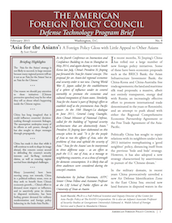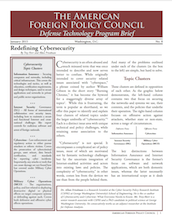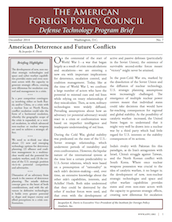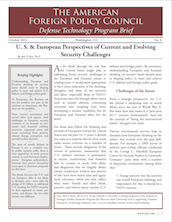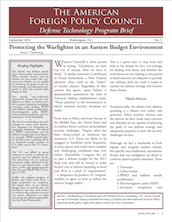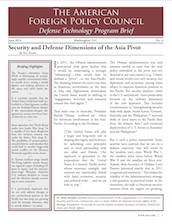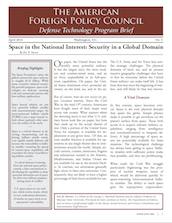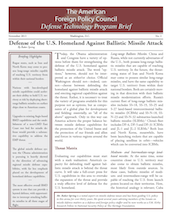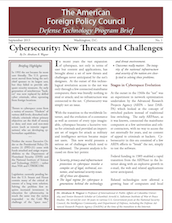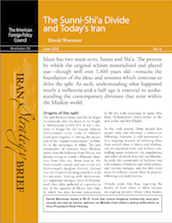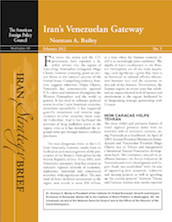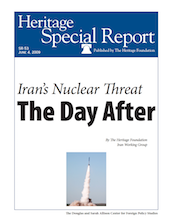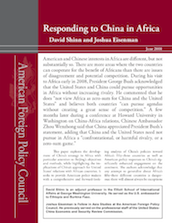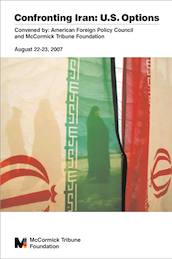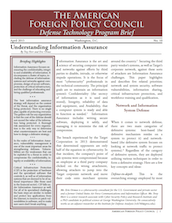
Understanding Cybersecurity - Part 2 | Information Assurance
Information Assurance is the art and science of securing computer systems and networks against efforts by third parties to disable, intrude, or otherwise impede operations. It is the focus of most “cybersecurity” professionals in the technical community. The principal goals are to maintain an information system’s Confidentiality (the secrecy of information as it is used and stored), Integrity, reliability of data and equipment, and Availability, that a computer system is ready and able to function as needed. Information Assurance includes writing secure software, deploying it safely, and managing it to minimize the risk of compromise.
